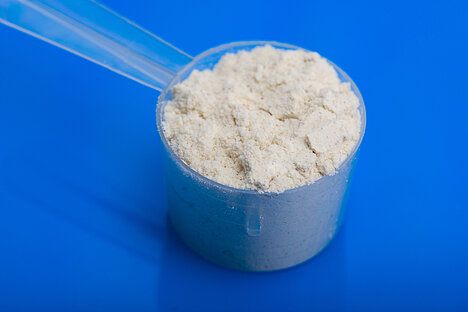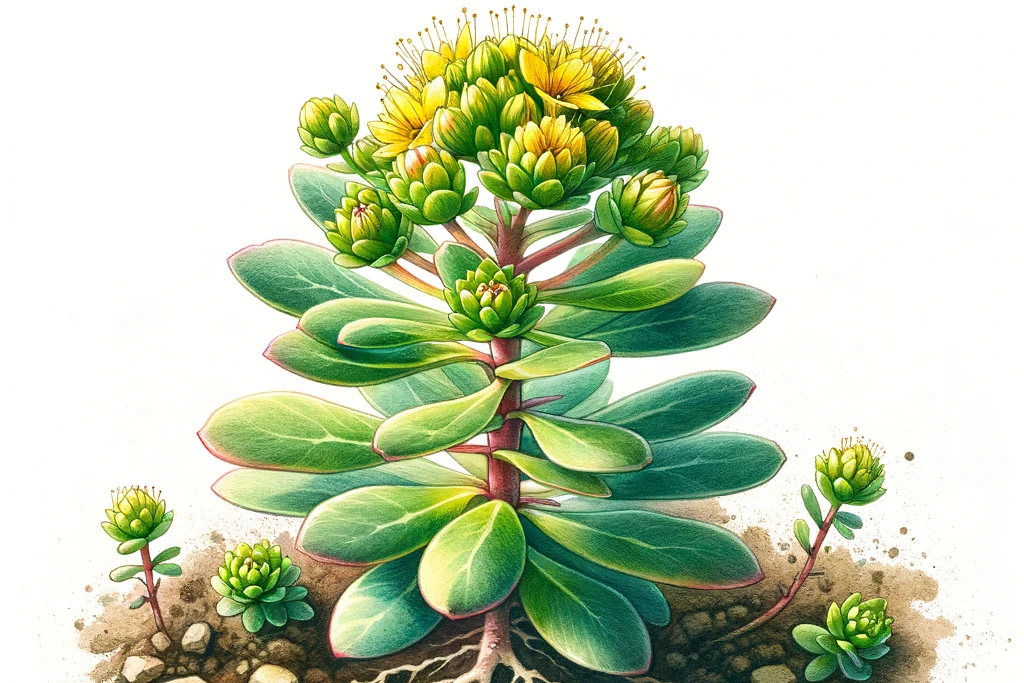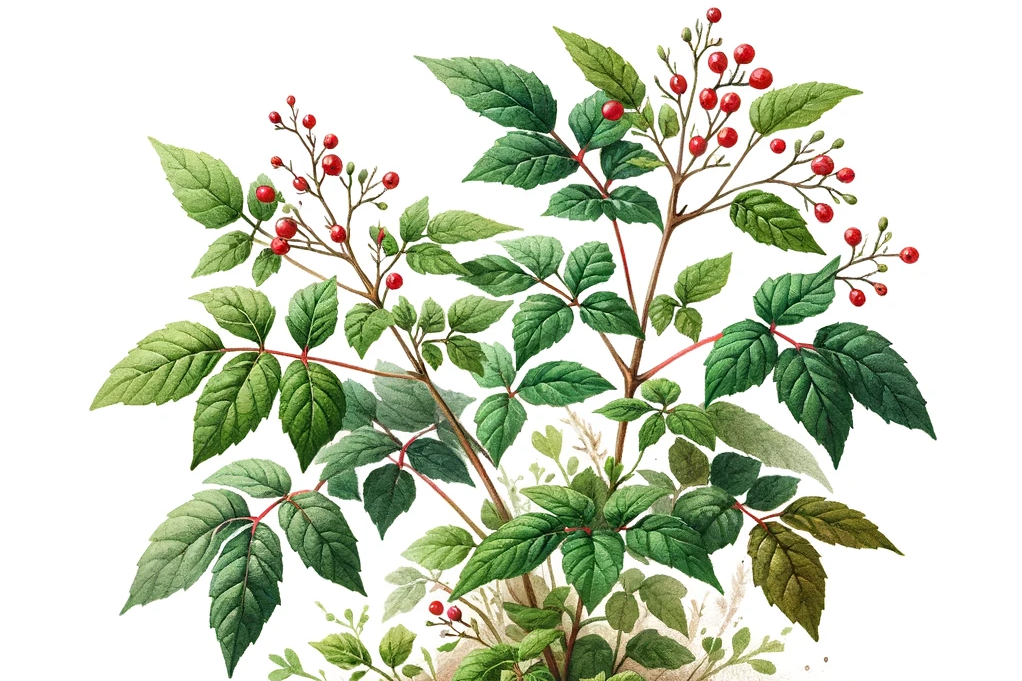L-theanine

L-theanine is an amino acid that is mainly found in green tea. It has a calming and relaxing effect on the nervous system without making you tired. L-theanine can also promote concentration and learning by influencing the activity of certain messenger substances in the brain.
But what does L-theanine have to do with dogs? In this article, you'll find out how L-theanine can help your dog if they are suffering from stress, anxiety or restlessness. We also look at the potential benefits and drawbacks of L-theanine for dogs.
How can L-theanine help dogs?
Dogs can become stressed or anxious for various reasons. For example, due to noise, being alone, traveling, visits to the vet or changes in the environment. Stress and anxiety can have a negative impact on your dog's well-being and behavior. For example, he may become aggressive, destructive, hyperactive or apathetic.
L-theanine can help your dog to relax and deal with stressful situations more calmly. It can also improve his mood and boost his self-confidence. L-theanine does not work immediately, but must be administered regularly over a longer period of time to develop its full effect.
How is L-theanine administered to dogs?
L-theanine is available in various forms, for example as capsules, tablets, powder or liquid. You can give it directly into your dog's mouth or mix it into their food. The dosage depends on the size and weight of your dog. It is best to follow the manufacturer's instructions or ask your vet for advice.
What are the benefits of L-theanine for dogs?
L-theanine has several benefits for dogs suffering from stress or anxiety. Here are some of them:
- It calms and relaxes the dog without making him sleepy.
- It promotes the dog's concentration and learning.
- It improves the dog's mood and self-confidence.
- It reduces the frequency and intensity of unwanted behavior such as barking, growling or destroying.
- It supports the health of the dog's immune system and cardiovascular system.
- It has no known side effects or interactions with other medications.
What are the disadvantages of L-theanine for dogs?
L-theanine is a natural and safe dietary supplement for dogs. However, there are some possible disadvantages or risks that you should be aware of:
- It may take some time for L-theanine to show its effects. So you need to be patient and give your dog enough time to adjust.
- L-theanine may not work the same for every dog. Some dogs respond better to it than others. You may therefore need to adjust the dosage or try a different product.
- L-theanine alone may not be enough to help your dog. So you should also take other measures, such as training, environmental enrichment or behavioral counseling.
- Your dog may be allergic to L-theanine. So watch out for possible symptoms such as itching, rash or difficulty breathing.
L-theanine is a natural amino acid that has a calming and relaxing effect on dogs. It can help your dog cope better with stress and anxiety and improve their well-being and behavior. L-theanine is available in various forms and has no known side effects or interactions with other medications.
However, you should not rely on L-theanine alone, but also consider other factors that may affect your dog's condition. In addition, you should always follow the dosage recommendations of the manufacturer or your vet and watch out for possible allergic reactions.
Properties 3
Are you looking for other ingredients with a specific property?
Just click on them to find more.
If you notice any signs of hypersensitivity or poisoning in your dog, you should see your vet immediately. We are not a substitute for a vet, but we try to be as accurate as possible. Every dog reacts differently and we recommend you get a second opinion or consult your vet if in doubt.
Stay healthy and take good care of your four-legged friend!😊
Similar to L-theanine
Taurine is an amino acid that the body can produce from other amino acids. Taurine is involved in many processes in the body, such as the formation of bile acids, regulating the heartbeat,...
The optimum magnesium intake for dogs depends on various factors, such as your dog's age, weight, activity level and state of health. It is therefore difficult to give a general recommendation....
Roseroot, scientifically called Rhodiola rosea, is a plant native to the cool regions of Europe, Asia and even some parts of North America. Known for its robust, fleshy roots that give off a rosy...
Sleepberry, or ashwagandha, is a plant native to the arid regions of India, the Middle East and parts of Africa. It is known for its robust properties and has been used in traditional Indian...



